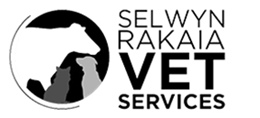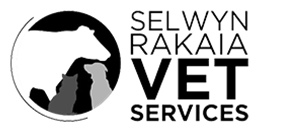Johne’s disease causes chronic wasting and eventual death in dairy cattle. The main signs of the disease are diarrhoea, weight loss despite adequate feed, milk drop and bottle jaw (fluid swelling under the jaw).
Johne’s disease is caused by bacteria called mycobacterium avium subspecies paratuberculosis. Currently, the disease cannot be treated with available antibiotics. The disease within a herd is described as being like an iceberg, in the sense that the clinical cases that we see are only as little as 10% of the total number of animals infected with the disease.
How is Johne’s disease spread?
Johne’s disease is spread through the faeces from adult infected cattle; the animals at risk of getting infected are the youngstock. Cattle are most susceptible to infection from the moment of birth up until about 2 years of age when they become relatively resistant to infection.
Control of Johne’s:
Managing Johne’s disease in a herd is possible through a combination of management strategies aimed at minimising transmission to the youngstock and using the testing and culling of infected adult animals.
Protecting your calves is the most important part of any control plan, have a look at the following Johnes plan and see where you could change your practices to better protect your calves from infection.
-
Herd test cows for Johne’s at least once a year and cull any positive animals
-
Calves should be taken off the cow within 12 hours of birth
-
Ensure that only colostrum and milk from Johne’s negative cows is fed to calves.
-
Management of the calf rearing area should ensure that no effluent from animals of susceptible species comes into contact with the calf.
-
Calves up to 12 months old should not be reared on pastures that have had adult stock, or their effluent, on them during the past 12 months.
At Selwyn Rakaia Veterinary services we are able to assist in the control of Johnes disease on your farm in the following ways:
- Sign up of farms that are herd testing with LIC to have their herd individually milk tested for Johnes, if you do not herd test with LIC there are other testing options available that we can discuss with you.
- We offer Johnes consultation services to develop specific on farm protocols for controlling Johnes disease in your herd.


